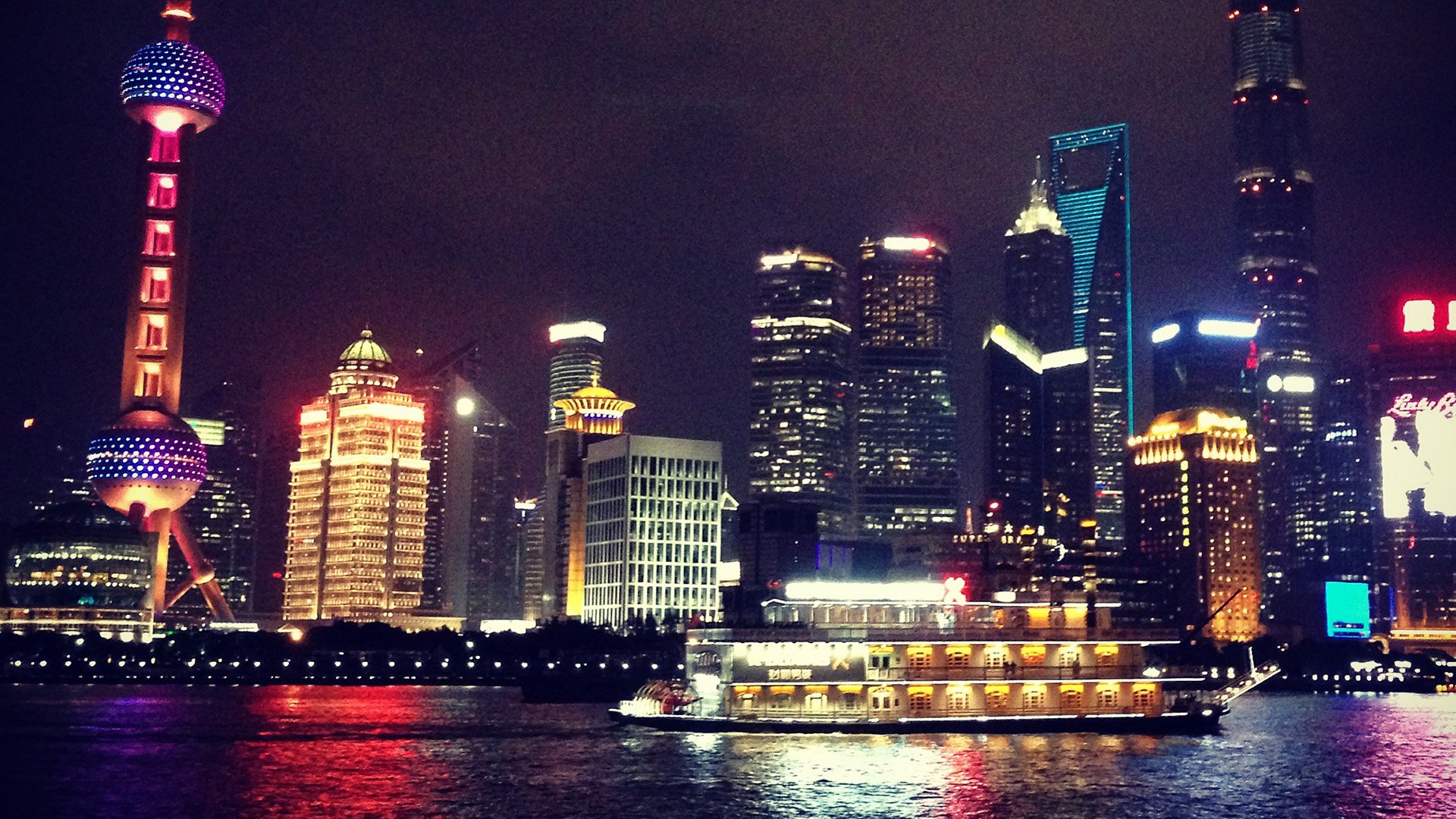International lawyers, environmentalists and a growing number of world leaders say “ecocide”—widespread destruction of the environment—would serve as a “moral red line” for the planet.


Kurt Fliegel
International lawyers, environmentalists and a growing number of world leaders say “ecocide”—widespread destruction of the environment—would serve as a “moral red line” for the planet.

The call is coming from inside the house, and the house next door, and the house down the street. Or maybe it’s the voices of the miniature parents in Mulholland Drive. Or maybe the only way to win against machine-enabled synchronized and synthesized human revolt, as in War Games, is not to play.
While online behavior is certainly shaped by platform mechanisms, the fear today is less of the mechanisms themselves than of whom they’re enticing. Prior emphasis on the machine threat warned of the unpredictability of automated behavior and the need for humans to develop policies to control it. Today’s emphasis on the social media terror inverts this, warning of the danger posed by unchecked digital mobs, who must be controlled. The risk comes not from the machines but from ourselves: our vulnerability to deception and manipulation, our need to band together with others to hunt down and accost our adversaries online, our tendency to incite and be incited by violent rhetoric to act out in the physical world, and our collective habit of spiraling down into correlated webs of delusion, insanity, and hatred.
While amenable in theory to fears of machine malevolence, there is no real mechanical equivalent in this picture to the central role played by the runaway machine of old. Actually, the roles of humans and machines have switched: The machines must now restrain the dangerous humans.

Related:
“We are incentivized, by the coded logic of the social media platforms where public engagement now takes place, to find reasons to hate each other…The conflicts taking place over freedom, justice, and other noble ideas are captive performances in the most technologically advanced human cockfighting enterprise ever designed—one that has converted the essence of human struggle into a sure-win bet for the tech platforms who play the house.“

Also related:
The heightened scrutiny of the political uses to which social media has been put is necessary and important. But it tends to miss a critical aspect of our situation. Much of the analysis tacitly assumes that our underlying political structures and values have remained relatively stable, that they will not fundamentally change — even if they must be defended against the usual illiberal suspects, who deploy digital media in their efforts to undermine the legitimacy of democracies. If only Zuck would take more aggressive measures to purge Facebook of fake news, and if only Jack would ban all the Nazis from Twitter, then all would be well and we could proceed with business as usual. Much like the proverbial generals who always fight the last war, however, we will be undone in our efforts to make sense of our moment and to respond productively if we don’t recognize that digital media is reconfiguring our politics at a more fundamental level.

Who will write the digital update to Elias Canetti’s Crowds and Power? Where he excavated primal cultures and orthodox religions, the dynamics of our political world are enabled in a digital layer of meta-activities.
One of the nicer things you’ll see online today.

In Tom Wicker’s A Time to Die, his personal account from being an observer during the Attica prison uprising in 1971, he described the unfolding dynamic of the scene when he first arrived and had to pass through camps of heavily-armed State Troopers:
… so many guns must sooner or later become a force in themselves, an imperative acting upon the men who supposedly control them. If the weapons are in hand, the question of those who have them ultimately becomes, “Why not use them?” The more weapons, the more insistent the question; and the burden of explaining why not to use them falls on those who have no guns. But those who have no guns have little credence with those who do.
[p.32, Haymarket Books edition]
And in this, we have a description of the state of America today.
